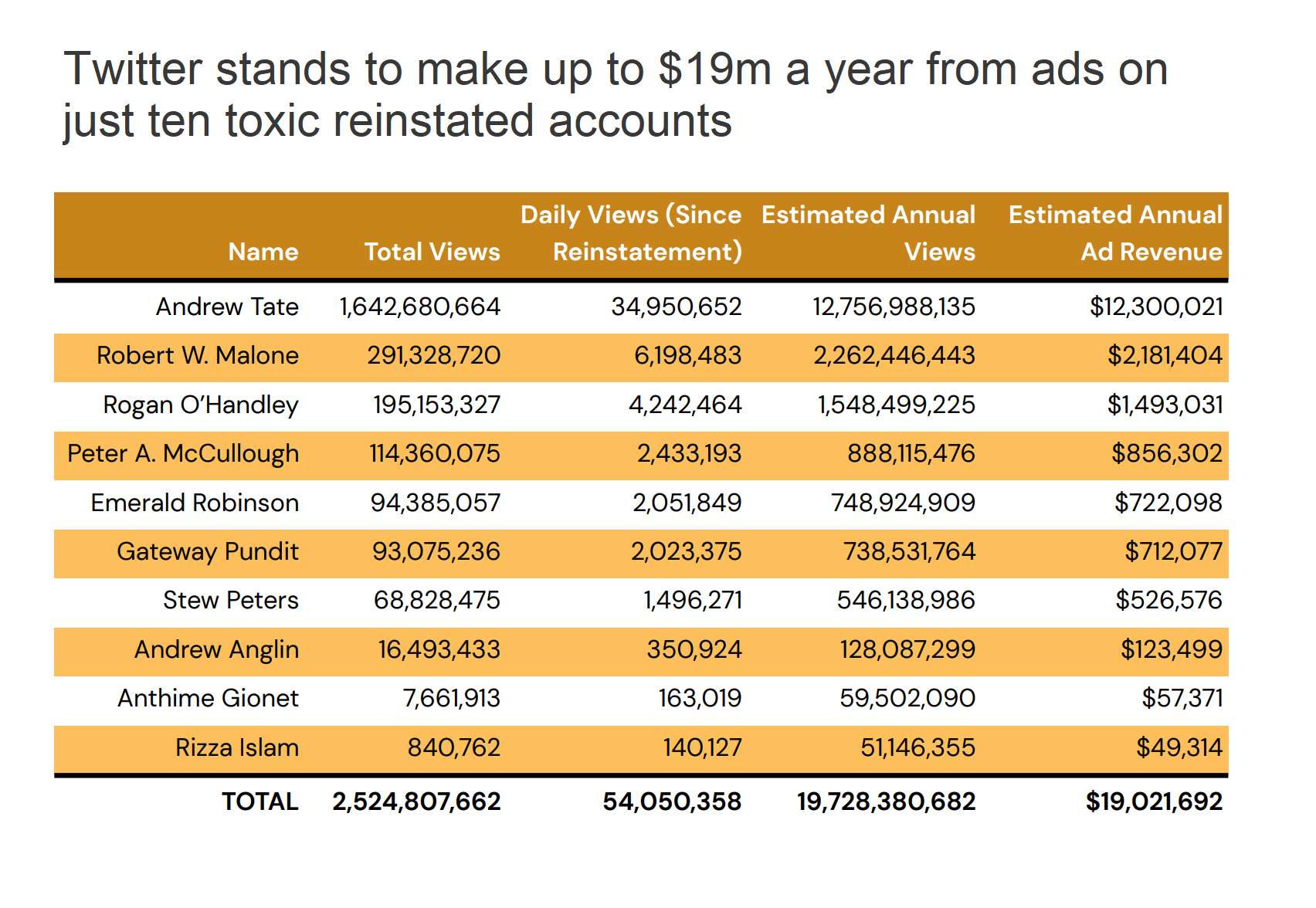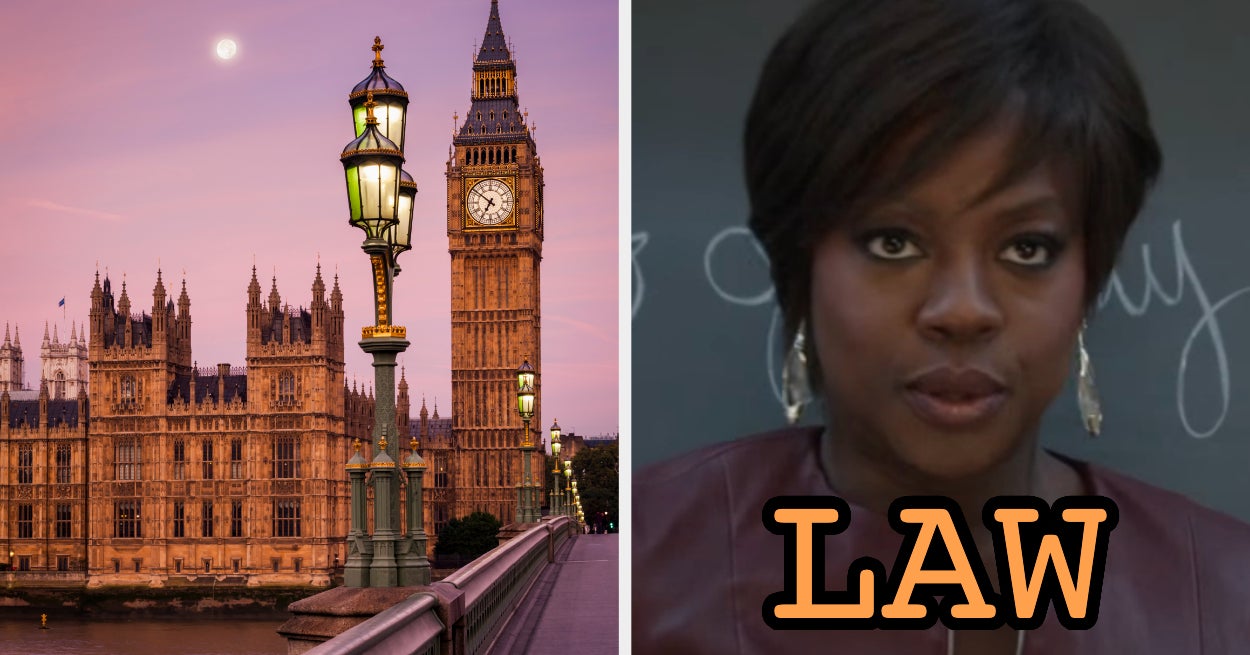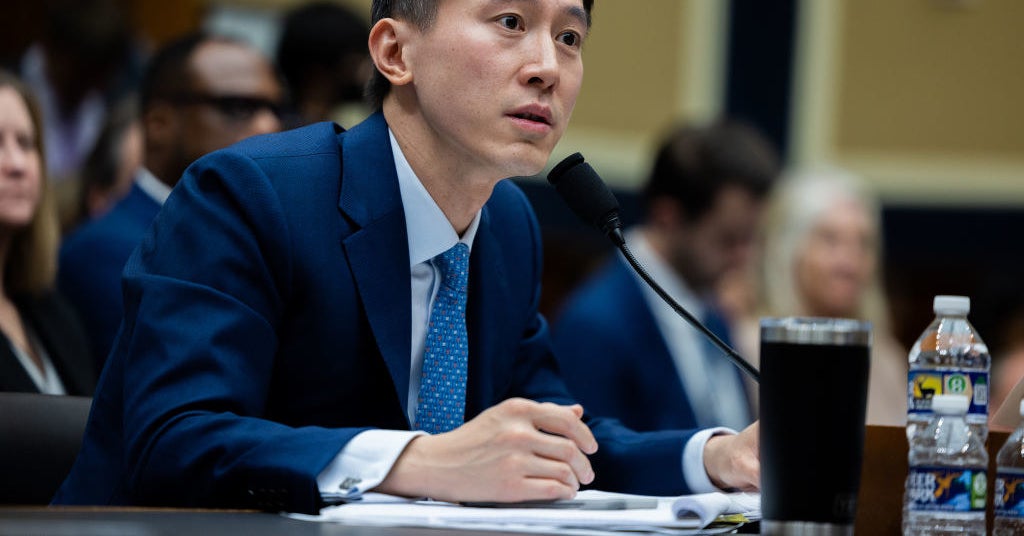Communications from some school districts to their teachers underscored the risk of legal action. A January email from Manatee County Superintendent Cynthia Saunders, which was obtained by the Washington Post, said violating the book law could result in “a felony of the third degree.” Duval County Public Schools administrators also instructed faculty to cover or remove their classroom libraries, mentioning the felony risk in a video on how to comply with HB 1467.
Though most teachers don’t think they’re likely to face criminal charges, there remains the very real possibility of professional ramifications. A spokesperson from the Florida Department of Education suggested that noncompliance could be punished harshly, telling the Washington Post that disobeying HB 1467 could result in “penalties against” teachers’ teaching certificates. And since many Florida teachers are employed on annual contracts, rather than being tenured, school districts can simply opt not to rehire those teachers without cause.
“This year has been kind of like walking on eggshells,” said one Orlando-based middle school English teacher, who asked to remain anonymous due to safety concerns. On Friday, a far-right Twitter account — which is notorious for smearing teachers as “groomers,” targeting them for doxxing, and even bragging about getting teachers fired — posted TikToks the teacher had made parodying the book ban. As a result, he was placed on paid leave, with the school saying it was because students had appeared in the video. Since then, he’s been bombarded with harassment.
Already, the English teacher had found himself in hot water. Earlier this month, he showed his class two episodes of The Proud Family — one from the original series, and one from the Disney+ reboot — for a lesson on how representation in pop culture has shifted over the years. One student’s mother complained to school administrators, taking issue with the episode’s inclusion of LGBTQ and Muslim characters. Echoing recent conservative ire accusing the series of being “critical race theory,” the mother said she “didn’t want her student to be exposed to ‘wokeness,’” he said.
Not wanting to escalate the matter — further angering the mother, or even possibly opening themselves up to a lawsuit — administrators called off the lesson, and the student was removed from his class.
“It’s a slippery slope — let’s say that student stayed in my class, I’m sure that parent would definitely want to see what books are on my library shelf,” the English teacher said. Though he doesn’t mind talking to parents about what their children are learning, he now realizes how easily these laws can be used to stifle lessons that don’t conform to certain worldviews.
Even before these laws came into play, teachers across the state were already struggling. On average, Florida public school teachers are the 48th lowest paid nationwide, according to data from the National Education Association. Like many states, Florida is also in the midst of a severe staff shortage, with the Florida Education Association estimating over 5,000 teacher vacancies in January (a claim the state’s Department of Education has called a “myth”).
Teachers aren’t the only ones affected. Students also stand to be put at a disadvantage by the new restrictions, educators say — especially those whose own identities are banned from classroom discussion. The English teacher was disheartened to realize how many of the books targeted for bans are ones on LGBTQ topics. “I have students that are LGBTQ-identifying, and these books represent them,” he said.






Leave a Reply